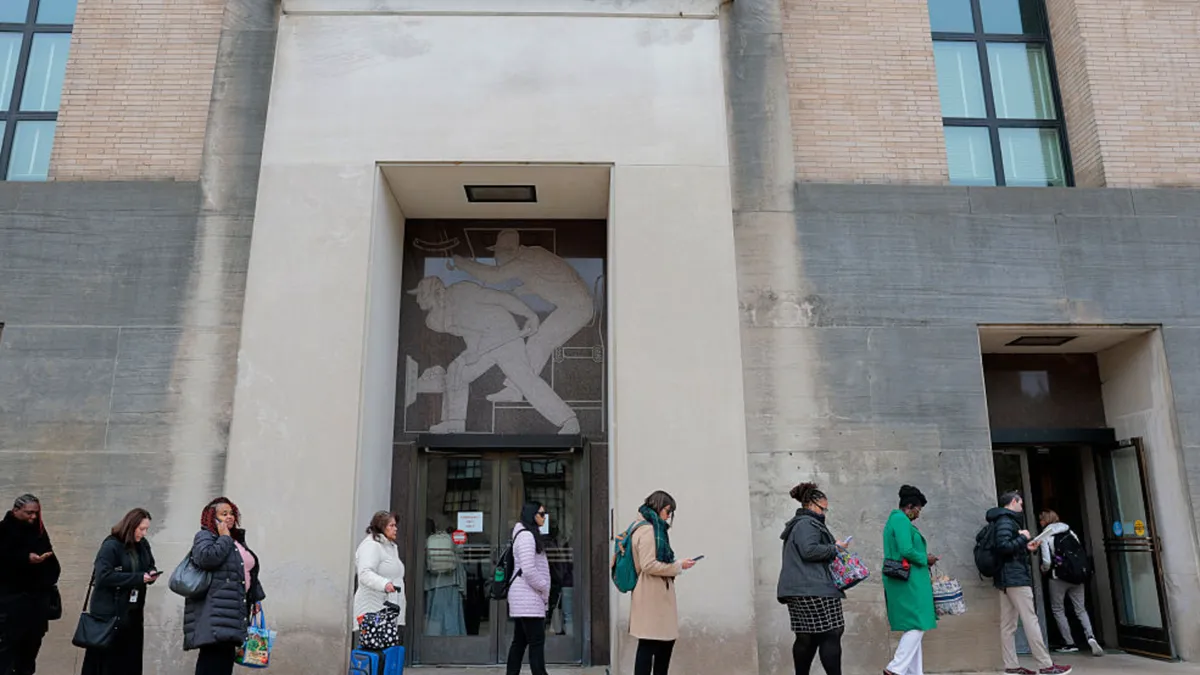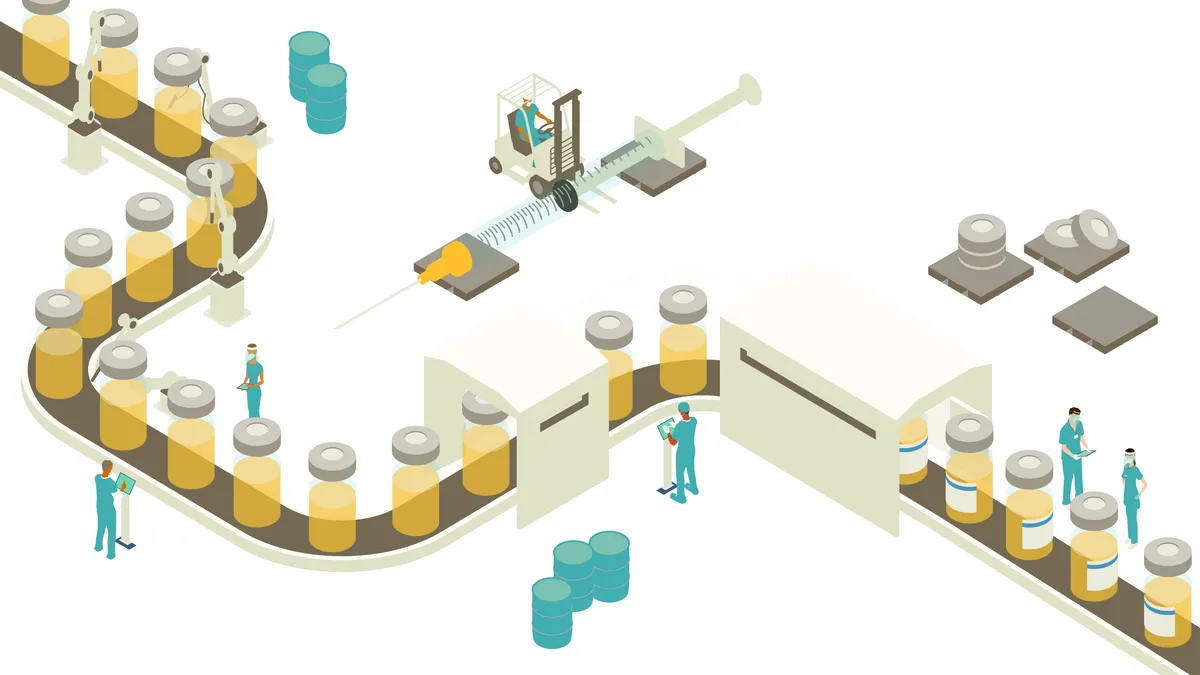Rare genetic diseases and cannabis — it’s on these two fronts that Zynerba Pharmaceuticals is aiming to become a vanguard.
Zynerba’s lead product, Zygel, is a cannabidiol-based gel in a phase 3 clinical trial for Fragile X Syndrome, a rare inherited disorder that causes learning disabilities, cognitive impairment and other developmental issues. It’s an indication begging for new options. Although some treatments are used off label to manage symptoms of Fragile X, no drug has been officially approved for the condition.
Zygel also falls into the burgeoning CBD category that’s seen a flurry of pharma interest in recent years. So far, the FDA has approved only one CBD-based drug for a rare form of childhood epilepsy. But Zynerba has pinned Zygel’s clinical aspirations on the idea that CBD could be a viable approach for treating other rare neuropsychiatric illnesses.
In addition to targeting Fragile X, the company is testing Zygel for another major unmet need: autism spectrum disorder. Later this year, Zynerba is slated to start a phase 3 clinical trial based on “compelling” results from earlier trials for the condition.
It’s also being tested in a phase 2 clinical trial for 22q11.2 deletion syndrome, which can result in heart, immune, learning and behavior challenges, and is another disease indication with few treatment options.
Zynerba is currently led by CEO Armando Anido, who joined the company in 2014, having previously served at the helm of NuPathe, which was acquired by Teva Pharmaceuticals that year.
Here, Anido, discusses Fragile X, why CBD could be a differentiating treatment and a shift in the regulatory environment for potential CBD drugs.
This interview has been edited for length and clarity.
PharmaVoice: What led Zynerba to target Fragile X Syndrome?
Armando Anido: To take our cannabidiol into the clinic, we looked at several large market opportunities as well as rare disease opportunities. We started out with epilepsy in adults and osteoarthritis based on the pharmacology of cannabidiol. Then we got a phone call from an investigator and key opinion leader at the University of California Davis, Dr. Randi Hagerman, who is considered the godmother, if you will, of Fragile X Syndrome.
She had been using some CBD-enriched medical marijuana and treating some of these kids, and she was starting to see promising results. So, we looked at the potential of our cannabidiol in that arena and realized that it could possibly work in this population. This was back in 2015 or 2016. She helped us develop the clinical program. The results read out a year later and showed promising effects. That’s how we got into it.
Why might cannabidiol be a good mechanism of action?
In Fragile X Syndrome, because of the disruption of the X chromosome, you get a disruption of what is known as the endocannabinoid system in the body. What cannabidiol may do is replace some of the disrupted endocannabinoid and in essence bring back some of the neuronal plasticity that affects these kids and causes their developmental challenges and high levels of anxiety.
What differentiates your potential treatment from others that are in development?
Cannabidiol is a unique compound, one that has a slightly different mechanism of action than some of the other agents that are in development, as mentioned. We have a transdermal formulation — a gel that's applied to the upper arm that penetrates the skin and gets into the bloodstream and avoids the GI tract and avoids first-pass metabolism in the liver, which could help minimize some of the potential side effects.
So we think that we have a potential treatment that parents appreciate, because they're not fighting with the child on having to take a pill.
Have CBD regulations — or the lack thereof — created challenges for your potential treatment?
Initially, CBD in our formulation was classified as a Schedule 1 drug. That made it very difficult to get sites enrolled. It took some extra time and energy for the investigators and their sites to be able to accept Schedule 1 drugs.
But over the last four years, we have worked with the DEA and today our CBD is not scheduled. It allows us to get our trials up and running quicker, with minimal requirements on the investigators and their sites. But it was a challenge during the first three to four years.
Was the regulatory environment initially a challenge for investors?
It was. Certain investors wanted to stay away from it. We were fortunate that we found investors that saw that the future was going to be different around CBD. Now it’s becoming more common. You have one drug that's already available on the market that has been approved in rare epilepsy conditions. So the future is brighter for those that want to get into it now, but I think we've got a pretty good lead on most of those others that may want to come in.




















